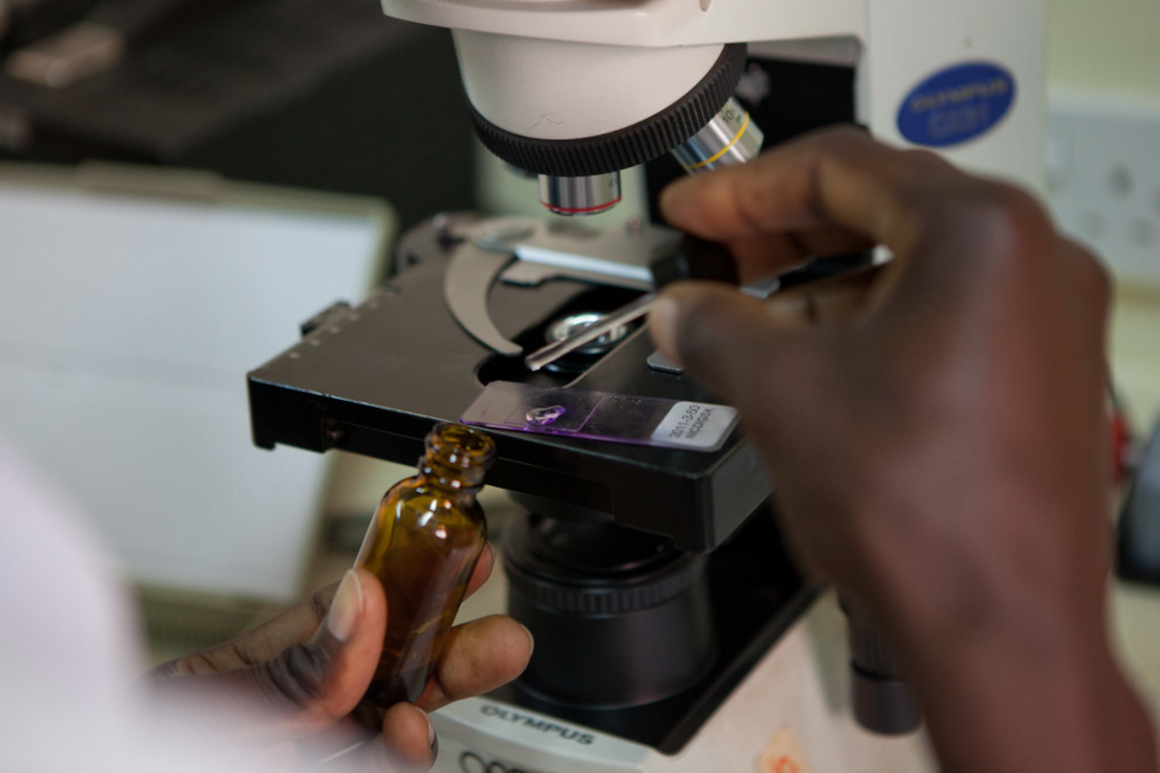British pharmaceutical group GSK (GlaxoSmithKline) plans to inject €118 million into its four French sites in 2022 and 2023, including €25 million into its subsidiary which is located in Mayenne, in the Atlantic France region. The company employs 380 people at this site, which is dedicated to the production of penicillin-based antibiotics. To cope with an increase in production volumes, the Mayenne site will recruit this year.
GSK is doing well. The British company reported total sales of £34bn for 2021 in its quarterly results and made £1.4bn from Covid-related medicines. In the final quarter of the year, turnover reached £9.5bn, an increase of 9% which was ahead of analysts’ forecasts. These good results will lead to additional hiring in France.
About 30 positions to be filled in Mayenne
The healthcare company is investing €118 million in its four subsidiaries in France, including €25 million in its production site located in the Atlantic France region. In a press release, the group explains that this investment will allow the company to modernise the site’s infrastructure by focusing on the safety of their patients, digitalisation and the automation of their processes.
Employing 380 people, this production site, which is dedicated to the manufacturing of antibiotics, plans to hire about 30 more people. Staff are mainly needed in production, such as automated line drivers, but also in quality assurance. The group would also like to recruit engineers and technicians to ensure maintenance of the production line is kept up.
A Covid-19 vaccine soon to be approved
GSK recorded substantial sales growth last year. This tendency is likely to continue in 2022 since the British company, in partnership with French drugmaker Sanofi, is waiting for approval of its Covid-19 vaccine, after reporting positive results from late-stage clinical trials. The companies are still in discussions with regulatory authorities, including the US FDA and European Medicines Agency (EMA).


 日本語
日本語  Français
Français 



